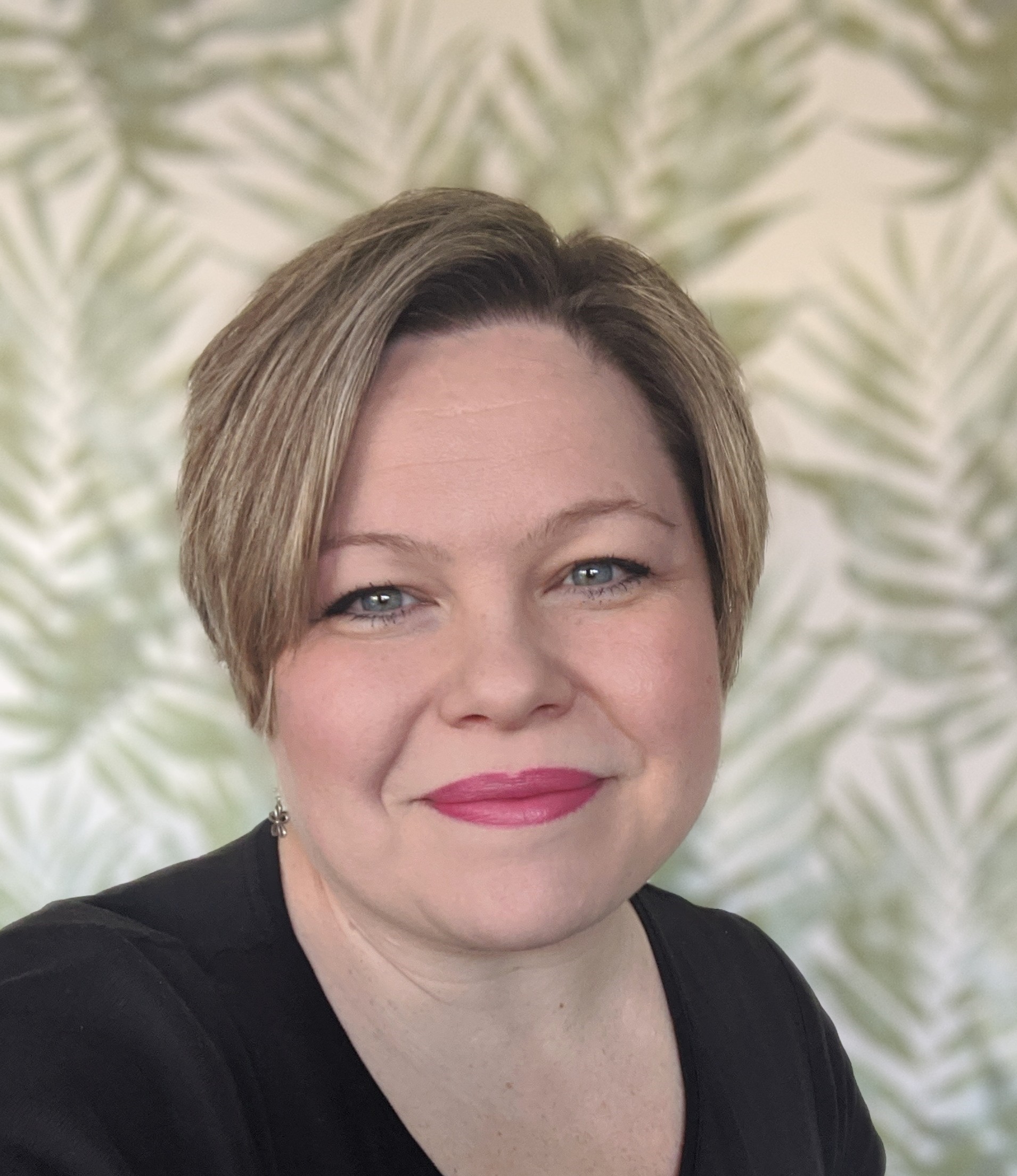Kathrine Jones is a counsellor in Darlington and online
What attracted you to become a therapist?
I had toyed with the idea for years before taking the steps to start training. I always seem to have been someone that friends and family come to, to confide in or talk to about something delicate. It was when I was approaching 40 that I decided to go for it. I was not planning on having any more children, so it felt like it was the right time for me to do something for myself.
Where did you train?
I did my training at Chapters Counselling & Training centre. I met some amazing, supportive people during my time there. Training to be a counsellor enabled me grow both professionally and personally.
Can you tell us about the type of therapy you practise?
Person-centred counselling is my therapy of choice. It really resonates with me personally, being empathic and non-judgemental by nature. Clients gain so much more than being able to work through issues they come to see me for; they also experience personal growth and development as an additional benefit.
How does person-centred counselling help with symptoms of childhood trauma?
I offer person-centred counselling with a creative element.
A lot of my work is with people who have experienced trauma during childhood, and I have found that being creative in therapy can help them see things differently and process things a lot easier. Whether it is drawing, writing, using sand or clay, or simply thinking outside the box during a session, it adds a level of joy and freedom of expression, which can enhance the whole counselling experience.
What sort of people do you usually see?
I welcome individuals aged 16 years or older. People come along for many different reasons, from complicated trauma to wanting to improve their self-esteem and much more in between. Regardless of issue, I treat everyone with the same amount of compassion and respect.
What do you like about being a therapist?
My heart warms knowing that people trust me enough to be completely vulnerable and able to open up with me. I always feel so privileged when people share things with me that they may never have shared with another in their life. And when they feel they are making progress it makes me feel super proud of them!
What is less pleasant?
It can be tough at times. For all the good that it can do, relating to someone at the deepest levels can be emotionally exhausting sometimes, and from time to time I do need to take some time out for myself to sit and just breathe.
How long you've been with welldoing.org and what you think of us?
I think I have been with welldoing.org for about six months. I love to read articles on welldoing.org, they are always interesting and relevant.
Do you ever suggest books or apps to clients?
I have, a few times, recommended The Courage to Heal and its companion The Courage to Heal Workbook by Laura Davis. These are for both men and women survivors of childhood sexual abuse. They are easy to read in small chunks, very in-depth, lots of helpful words, information and healthy ways of coping.
What you do for your own mental health?
I go to see a counsellor if I ever feel I need to and have regular supervision sessions. I take time out when I need to by finding a quiet moment by myself to just be still and quiet. Sometimes I just need to take a few minutes, other times longer, but I've learned that I need this.
You are a therapist in Darlington and online. What can you share with us about seeing clients in this area?
Darlington is a lovely market town and is full of history. Most people speak fondly of the place if they grew up here. People tend to travel to see me from the outlying villages and beyond too.
What's your consultation room like?
I feel lucky to have the therapy room that I do. It has such a lovely feel to it. Not only is it in a nice, central part of the town, I have a window which when you look out of it, you just see trees. I like to think my room is very homely, comfortable and relaxed.
What do you wish people knew about therapy?
I always want to get across that you do not have to be in the depths of depression or have experienced trauma to come to therapy. It can be for anyone who wants to move forward in their lives in any way. Everyone is entitled to therapy, there is no one else who 'needs' it more; there is space for everyone.
What did you learn about yourself in therapy?
Interestingly, one thing I learned about myself comes up for many of my clients. I used to be a social chameleon; I always thought I needed to change who I was when I was with different people as they might not like me. Now, I have a better idea of who I am! I no longer have to change who I am to adapt to the environment and feel so much freer as a result. It was so exhausting being a chameleon!

